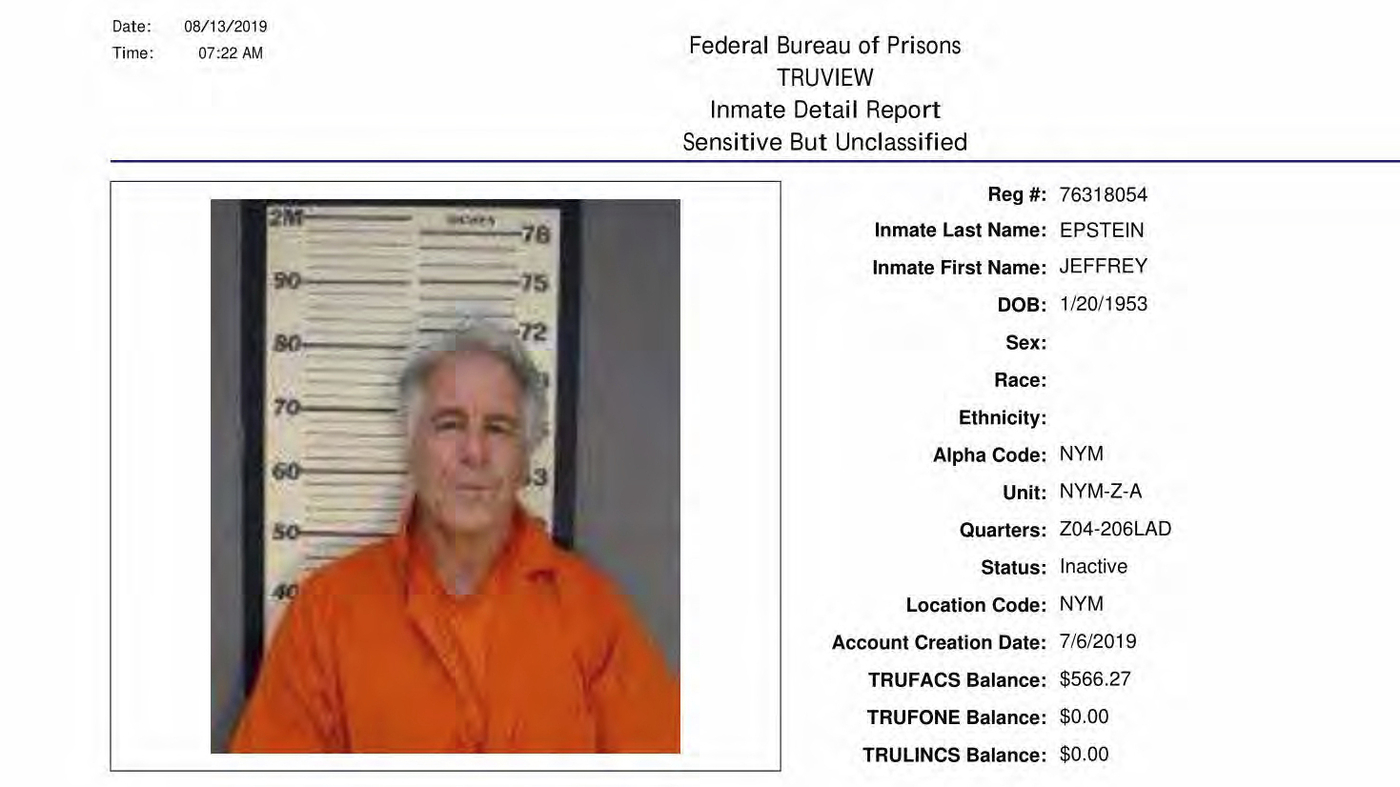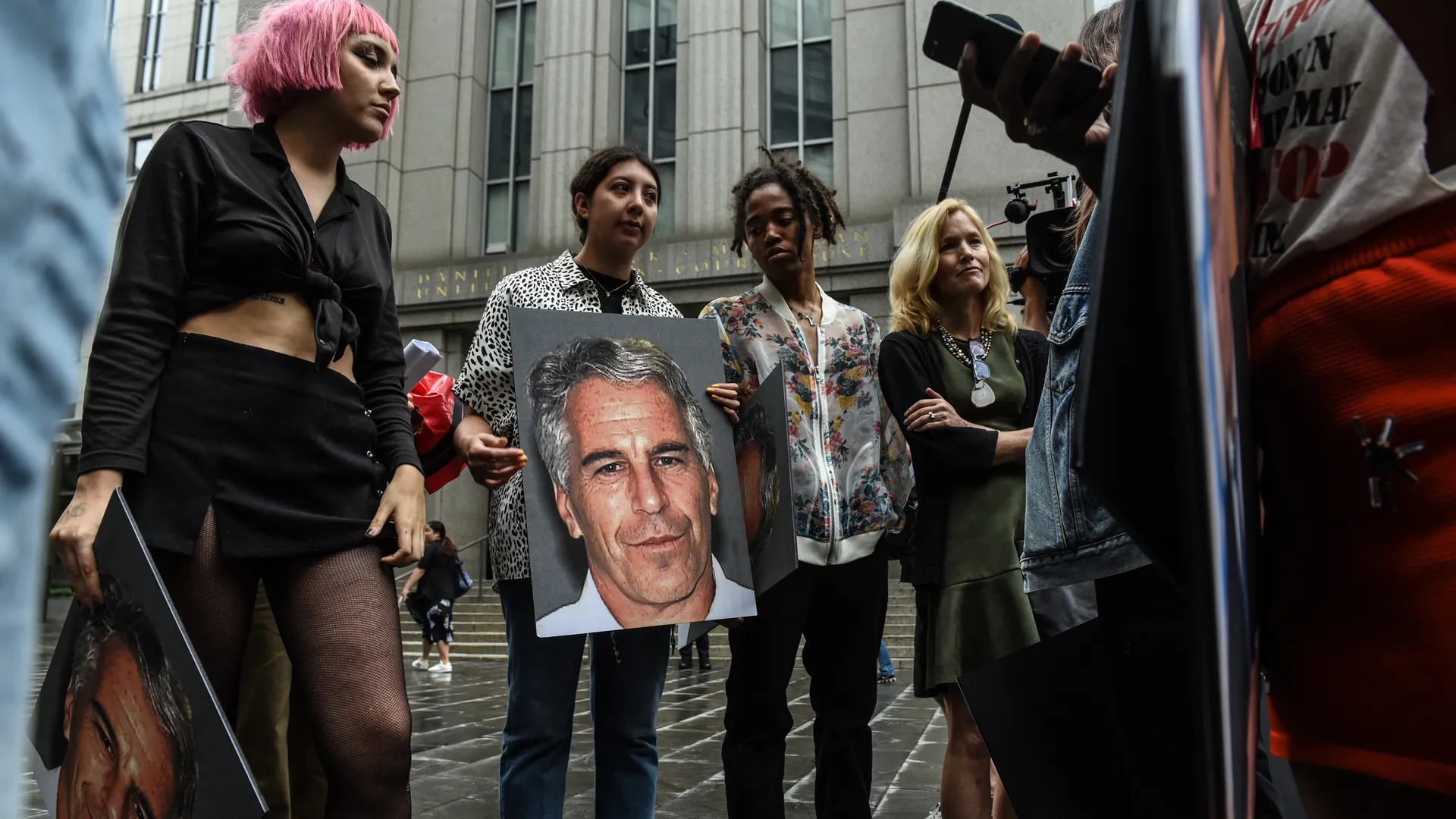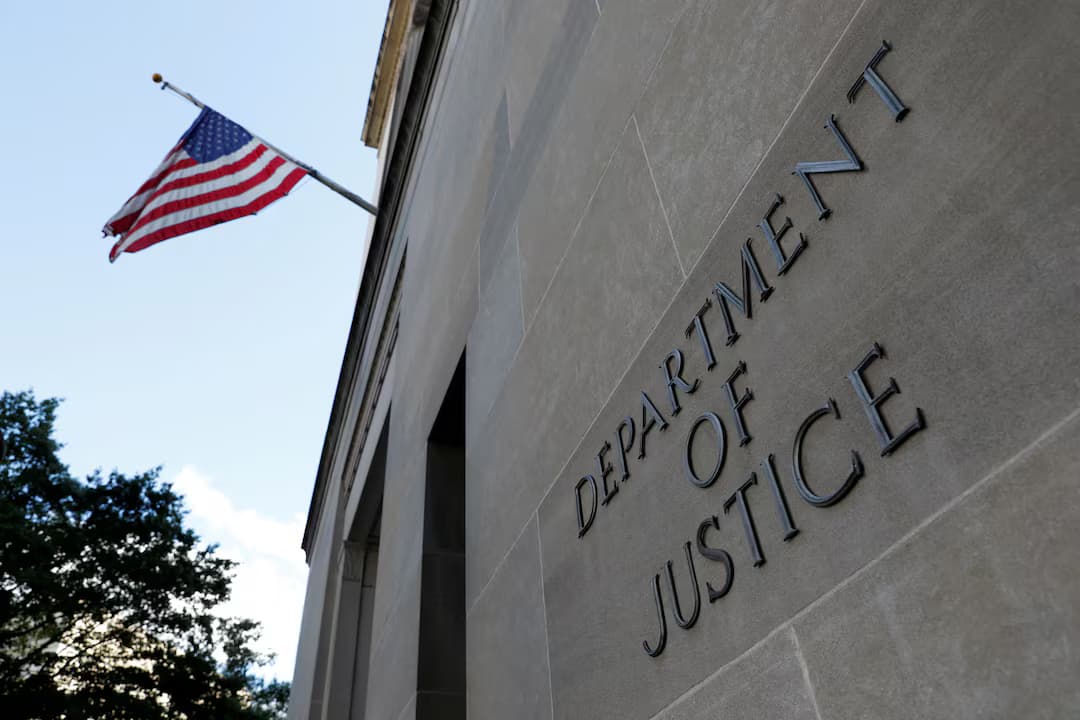Epstein"s Death and a Lack of Accountability
In a shocking announcement, the Justice Department concluded that Jeffrey Epstein"s death was a suicide and declared there was no "client list" to uncover. This pronouncement, made on July 6, 2025, fails to address the deep systemic failures that allowed Epstein"s sex trafficking ring to flourish for years. As reported by the DOJ, Epstein"s death was ruled a suicide by hanging, a conclusion that many find unsatisfactory given the circumstances surrounding his high-profile case.
Victims Remain in Shadows
The DOJ"s findings gloss over the voices of the countless victims who suffered at Epstein"s hands. For many survivors, the lack of a "client list" and the dismissal of conspiracy theories do not negate the reality of their trauma. Epstein"s past connections to influential figures have sparked conspiracy theories that distract from the urgent need for justice and reform in how sexual violence is prosecuted, particularly against marginalized individuals. According to AP News, the Epstein saga has ignited a national conversation about victims" rights, but many survivors still feel abandoned by a system that has repeatedly failed them.

JPMorgan Chase and Epstein survivor Jane Doe 1 reach $290 ...
Unanswered Questions About Law Enforcement"s Role
As the DOJ continues to emphasize that Epstein"s death was a suicide, critical questions about the role of law enforcement remain unanswered. How did Epstein manage to evade justice for so long while his victims suffered in silence? The investigation into Epstein"s time in custody revealed disturbing lapses in oversight by the Bureau of Prisons. The DOJ"s Inspector General pointed out that Epstein was not adequately monitored, raising serious concerns about the integrity of the federal prison system. The DOJ"s report underscores the failures that allowed Epstein to die in custody and highlights the need for comprehensive prison reform to protect vulnerable individuals.
Political Fallout and Public Distrust
The political implications of the Epstein case continue to ripple through the corridors of power. Former President Trump’s dismissal of Epstein inquiries as a "desecration" reflects a troubling trend where victims’ stories are overshadowed by political agendas. Trump’s comments came during a Cabinet meeting where he criticized a reporter for asking about Epstein, demonstrating a lack of empathy for those affected by Epstein’s crimes. This attitude fosters public distrust in the justice system, especially among marginalized communities that feel their pain is ignored. The DOJ"s recent findings only serve to exacerbate this distrust, as many believe that the rich and powerful continue to evade accountability.

What we know: The life and death of Jeffrey Epstein
The Need for Systemic Change
As the Epstein case illustrates, the intersection of wealth, power, and sexual violence creates a dangerous landscape for victims seeking justice. The DOJ"s conclusion lacks thoroughness and reinforces a narrative that prioritizes the reputations of the elite over the rights of victims. Moving forward, we must demand systemic change that holds powerful individuals accountable, ensures transparency in investigations, and prioritizes the voices of survivors. The conversation surrounding Epstein"s case should not merely end with the ruling of suicide, but rather ignite a movement for justice that dismantles the structures enabling such abuses to take place.



![[Video] Gunfire between Iraqi security forces and Sadr militias in Baghdad](/_next/image?url=%2Fapi%2Fimage%2Fthumbnails%2Fthumbnail-1768343508874-4redb-thumbnail.jpg&w=3840&q=75)
